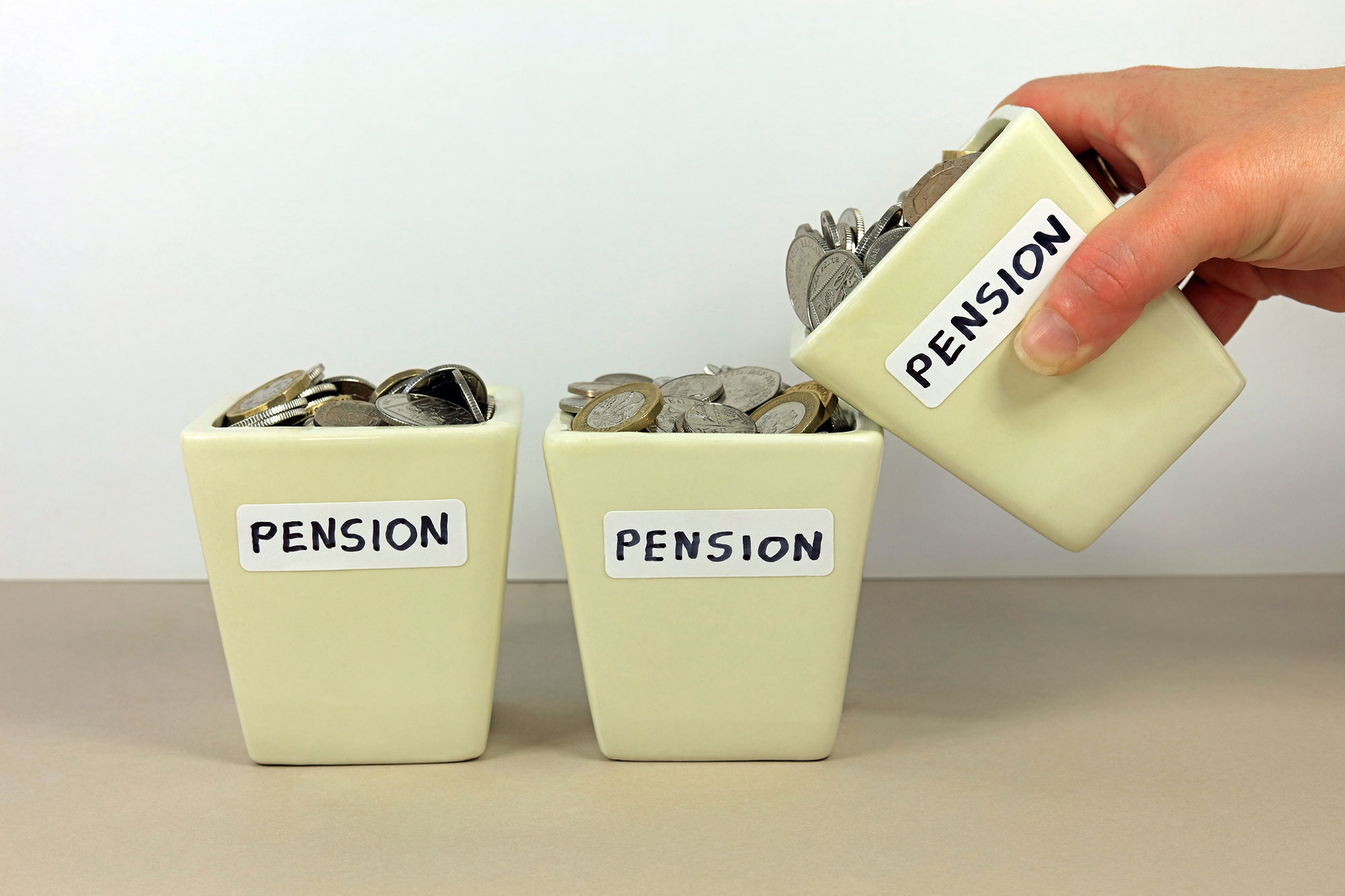Check these 5 details before doing anything
Sick of dealing with huge amounts of paperwork from multiple pension companies?
As independent financial advisers, our most common queries relate to pensions advice. And within this, consolidating pensions and retirement planning are top scorers.
If you’ve built up pensions from different employers over the years, you might have considered consolidating them. Consolidating your pensions could reduce charges, improve fund performance and reduce administration. The pensions landscape can be a minefield and it’s easy to make a mistake so check these 5 details before moving ahead:
1. Is it even possible?
It’s your money right…so of course you can do whatever you like? Well, not quite…
If you’re a member of a Defined Benefit pension, you might not be able to transfer at all. Unfunded public sector pension schemes (think teacher’s, firefighters, police and NHS workers) are not transferable. You are paid a benefit at some point in the future. Private sector Defined Benefit pensions can be transferred, but you might find it difficult as this requires specialist financial advice. It is a fact that most people are better off retaining Defined Benefit pensions.
Some providers won’t let you consolidate to them if your pension contains any of the following, so check your paperwork:
- With-Profits
- Guaranteed Annuity Rates
- Guaranteed Minimum Pension
2. Exit penalties
These make us a little sick. Although most reputable providers don’t charge exit penalties now, some do. As their legal teams are a little bigger than ours, we won’t name and shame but check carefully for these. An exit penalty might outweigh any benefit to transferring.
Look out for other issues on transfer especially from older style pension schemes, such as a Market Value Adjustment. This is not an exit penalty, but it will reduce your pot if you transfer to another provider.
3. Charges
Pension charges can have a huge impact on your savings over time. If you’re a member of a workplace pension, the good news is your charges are capped at a maximum of 0.75%pa. Normally you’ll pay an Annual Management Charge (AMC), but there could be other charges such as administration fees, fund charges, dealing costs & platform fees. Older pensions may have high, or further charges beyond those mentioned.
Costs are not everything, but they have an impact. You can normally find out what charges you pay by checking your annual statements or visiting your pension providers website.
4. Fund performance
Is your pension making money? We often see wildly different performance figures for funds that are supposedly in the same risk bracket. Remember, performance isn’t everything as you need a pension fund that sits with your goals and appetite for risk. If you’re a cautious person or only need returns above inflation, you don’t need to shoot the lights out. However, your funds should be performing as expected and beating their benchmarks.
It can be beneficial to check the past 5-year performance of your current schemes compared to the pension you’re consolidating into. Past performance is not a guarantee of future performance. But it gives some insight into what’s been happening. Remember to take risk into consideration though – a higher risk fund often produces higher returns over the long-term. Make sure you’re comparing like-for-like.
Performance and charges often have the biggest impact, as demonstrated in this Which? example.
If a 35-year-old with a £10,000 pension pot invests until 65 in a fund that achieves 5% annual investment growth, but charges 2% a year, the pot will be worth £23,720. The same £10,000 invested in a fund that achieves 7% annual investment growth, with a 1.5% annual charge, will be worth £48,541 – more than double.
https://www.which.co.uk/money/pensions-and-retirement/personal-pensions/switching-providers-and-consolidating-pensions/should-i-combine-my-pensions-a79863g1pm14
5. Check for Guarantees
Older pension often have guarantees linked to them. These could be Guaranteed Annuity Rates, a guaranteed pension, guaranteed growth rates or protected tax-free cash.
Think carefully before giving up any guarantees and how these fit with your long-term retirement and financial plans.
Consolidating pensions can be simple for those arranged in recent years. However, it is often worth seeking expert advice at this stage to ensure consolidating some, or all, of your pensions is beneficial. Get in touch with our experts today by emailing [email protected] or call 01273 076587.
Want to read more? Visit our Knowledge Hub for FAQ’s and helpful ‘Topic Guides’ on pensions and investments https://engagewm.co.uk/knowledge-hub/ or you might find our blog on accessing pensions useful https://engagewm.co.uk/6-ways-to-access-your-pension/
*This blog is for information purposes only and should not be relied upon for advice. Always seek regulated advice before proceeding. *








